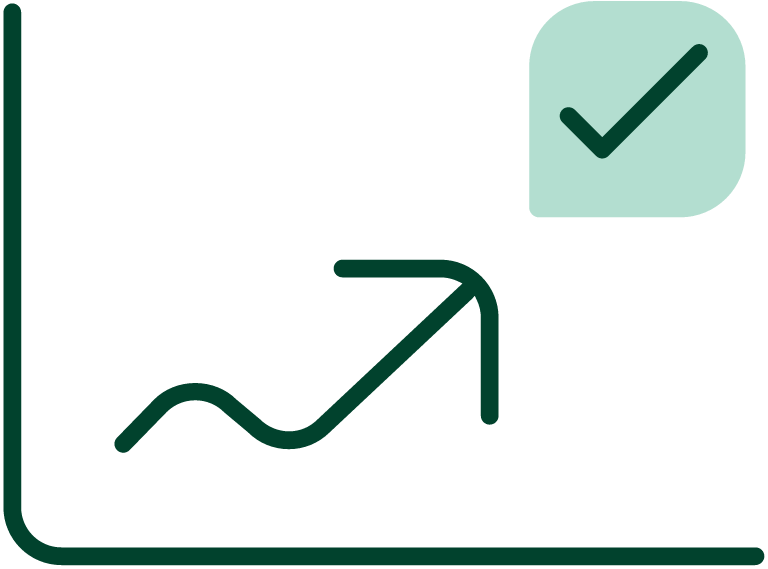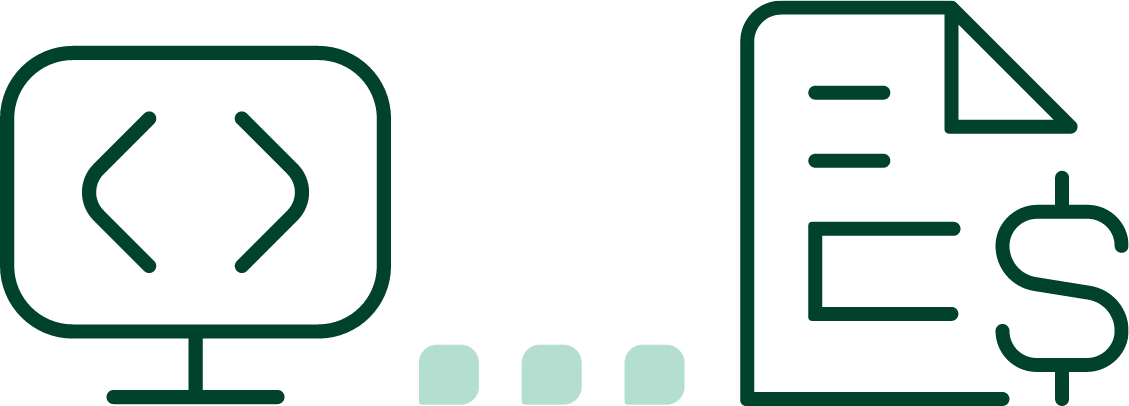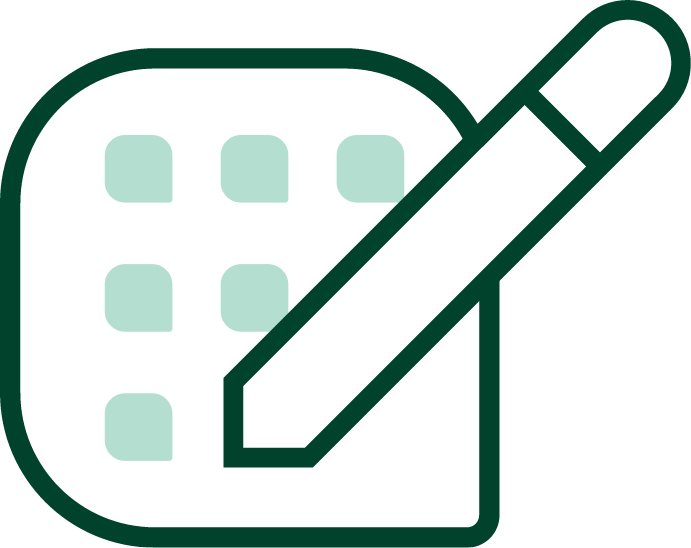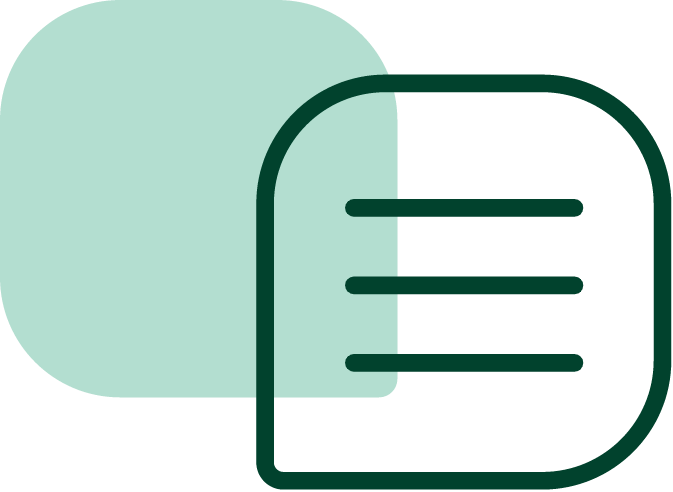Cash flow is a top concern for businesses of all sizes. However, it can present a particular problem for small businesses. These companies often do not have the capital resources larger companies have to withstand delayed payments. So, how widespread is this problem? One Forbes article reports that 66% of business owners name delayed payments as the top factor negatively impacting their cash flow. The invoice-to-cash flow process tackles this problem by establishing a detailed plan for collecting payments.
What Is an Invoice to Cash Process?
The invoice-to-cash process refers to a set of best practices businesses use to ensure they receive payments on time. A sound system considers the business goals and the unique needs of the finance and accounting departments. It also considers the design of invoices and the methods customers prefer for payment. A holistic approach ensures the company has enough cash to order supplies, pay workers, and cover other financial obligations.
How Can Companies Establish Strong Solutions?
The accounts receivables team works hard to get cash for invoices. However, too many teams approach the problem from the wrong end. They spend hours each day pursuing payments but have not changed the onboarding and invoicing components. Here are some steps companies can make to convert invoices to cash:
- Send accurate invoices: This may seem like a no-brainer, but ensuring your invoicing process is as error-free as possible is essential. Tasks include using the correct billing format, making sure all line items are accurate, and including any necessary supporting documentation.
- Follow up on past-due invoices: It’s essential to have a system in place for following up on past-due invoices. For example, you might send automatic reminders or make personal phone calls.
- Offer multiple payment options: Customers should be able to pay invoices in the ways they find most convenient. Potential options include online payments, direct deposits, and checks.
- Leverage integrated invoicing: Many businesses find it helpful to implement accounts receivable management solutions that automate some tasks. Automation can free up time, so your team can focus on more strategic tasks.
Why Does Creating an Established Process Matter?
Do you manage one of the 33% of companies not struggling to collect payments? Congratulations! Still, there is almost always room for improvement. Here’s why all companies should establish and regularly optimize their invoice to cash flow processes:
- Improved financial forecasting: Having a clear picture of when payments will come in can help businesses better manage their cash flow. A predictable cash flow is essential for making sound financial decisions about investments, inventory, and other expenses.
- Increased customer satisfaction: Customers are more likely to be satisfied with their experience if they know what to expect and feel like companies prioritize their needs. An efficient invoice-to-cash process can help create happy customers who are more likely to do business with you again in the future.
- Reduced late payments: Establishing an efficient invoice-to-cash process can help reduce the number of late payments, giving your business the stability it needs to grow. Stable cash flow also improves your creditworthiness to lenders.
- Improved relationships with suppliers: Strong cash flow improves the likelihood of suppliers getting paid on time. This, in turn, reduces the risk of late payments or default.
- Enhanced business reputation: Creating a reputation for being easy to do business with can give your company a competitive edge. This can improve relationships with customers, suppliers, and other stakeholders.
How Can Accounts Receivable Automation Improve Cash Flow?
The order-to-cash process plays a crucial role in keeping your business afloat. Relying on manual execution for its complex components is not ideal. Here are some advantages of leveraging automated invoices for cash payment solutions:
- Reduced invoicing errors: Automating the invoicing process can help reduce human errors, saving your business time and money.
- Improved customer satisfaction: Giving customers more control over their invoices can create a more favorable relationship. They can view their account status, make payments, and track delivery in one place.
- Faster payment processing: Automating payment processing can help speed up the invoice to cash cycle, getting cash into your business faster.
- Increased visibility: Automation can give you greater visibility into your cash flow. You can track payments, invoices, and other data in real-time.
- Reduced costs: Automating the order-to-cash process can help reduce business costs. It can eliminate manual tasks, paper invoices, and other inefficiencies.
Gaviti has built an A/R automation solution that provides these and other benefits to our clients. Why take our word for it? Speak to a Specialist to see it in action.





















